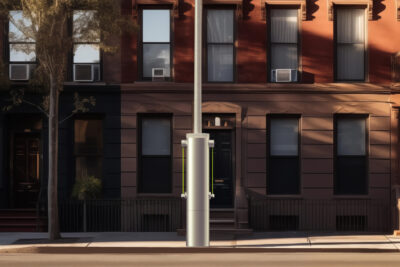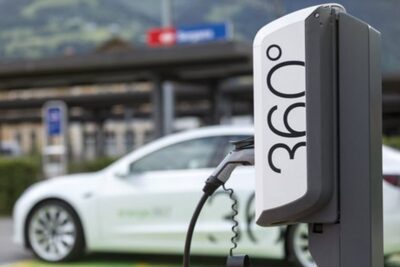ChargeUp demands EU charging infrastructure regulation
In an open letter to the EU Commission, ChargeUp Europe, an association of European charging infrastructure providers, has called for a new stand-alone regulation for electric vehicle charging infrastructure. The association says this should be separate from the existing directive for alternative fuels (DAFI).
The association sees the current national approaches as being a major threat to adequate infrastructure development. Without such an ‘Electric Vehicle Charging Infrastructure Regulation’ (CIR), the risk of “losing momentum in the fight against climate change” would increase, says ChargeUp Europe. The association also criticises that EU states have insufficiently implemented the Directive on Alternative Fuels Infrastructure (DAFI). ChargeUp Europe said the new regulation should result from the upcoming review of DAFI.
The letter addresses Frans Timmermans, Executive Vice-President for the European Green Deal, Transport Commissioner Adina Valean, Internal Market Commissioner Thierry Breton and Energy Commissioner Kadri Simson, but also EU heads of state and government. The companies that have come together in this lobby association fear that “a patchwork of national regulations, lack of interoperability of technical requirements and incoherent political planning models” could slow down electric cars’ introduction, right after they have only just gained momentum in 2020.
“Investors need certainty, and drivers need to be able to travel anywhere in Europe with confidence,” says Christopher Burghardt, President of ChargeUp Europe and Managing Director at ChargePoint. “A single market for EV infrastructure investment simply does not exist today. It’s clear that we need a stronger, more coherent approach at the EU level.”
As the association demands, the new regulation should “form the core of a dedicated European governance regime for EV charging infrastructure”. This should include rules on charging, a clear methodology for roll-out plans and how member state funding programmes can be overseen at the EU level.
ChargeUp Europe’s justification for the requested separation from AFID is that EV charging is a fundamentally different model from the areas covered by DAFI. The EV charging industry is a new and fast-growing sector that sits at the intersection of the energy, digital and automotive sectors. Accordingly, developments in all these areas – including with the electricity grid – need to be taken into account when setting “appropriate market rules and regulations”. “It makes little sense to bundle public charging infrastructure for electric vehicles with other alternative fuels,” Burghardt says. “We need a dedicated approach to electric mobility that takes into account the specificities of our sector.”
Recently, some European countries have decided to phase out internal combustion vehicles and make massive national investments in charging infrastructure. An important example in Germany is the 1,000 “federal charging parks” that are to be created in the next few years based on the recently passed fast-charging law.
Here, ChargeUp says: “Setting ambitious targets for the roll-out of EV infrastructure without a harmonised legal framework to back this up would be a missed opportunity for the sector and the EU’s climate ambitions.”
ChargeUp Europe was founded in April 2020 as an “informal alliance” by the charging infrastructure companies Allego, ChargePoint and EVBox. In the meantime, the lobby organisation has become an industry association that has grown to 13 members. Prominent members include the French energy giant Total, the Dutch fast-charging provider Fastned, the Austrian eMobility specialist has-to-be or the Dortmund-based charging pole manufacturer Compleo.





1 Comment